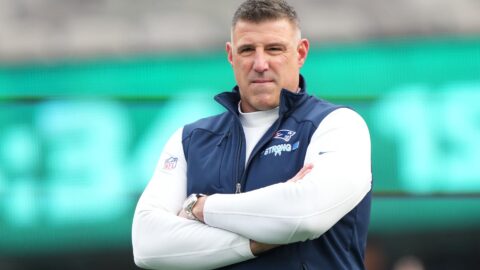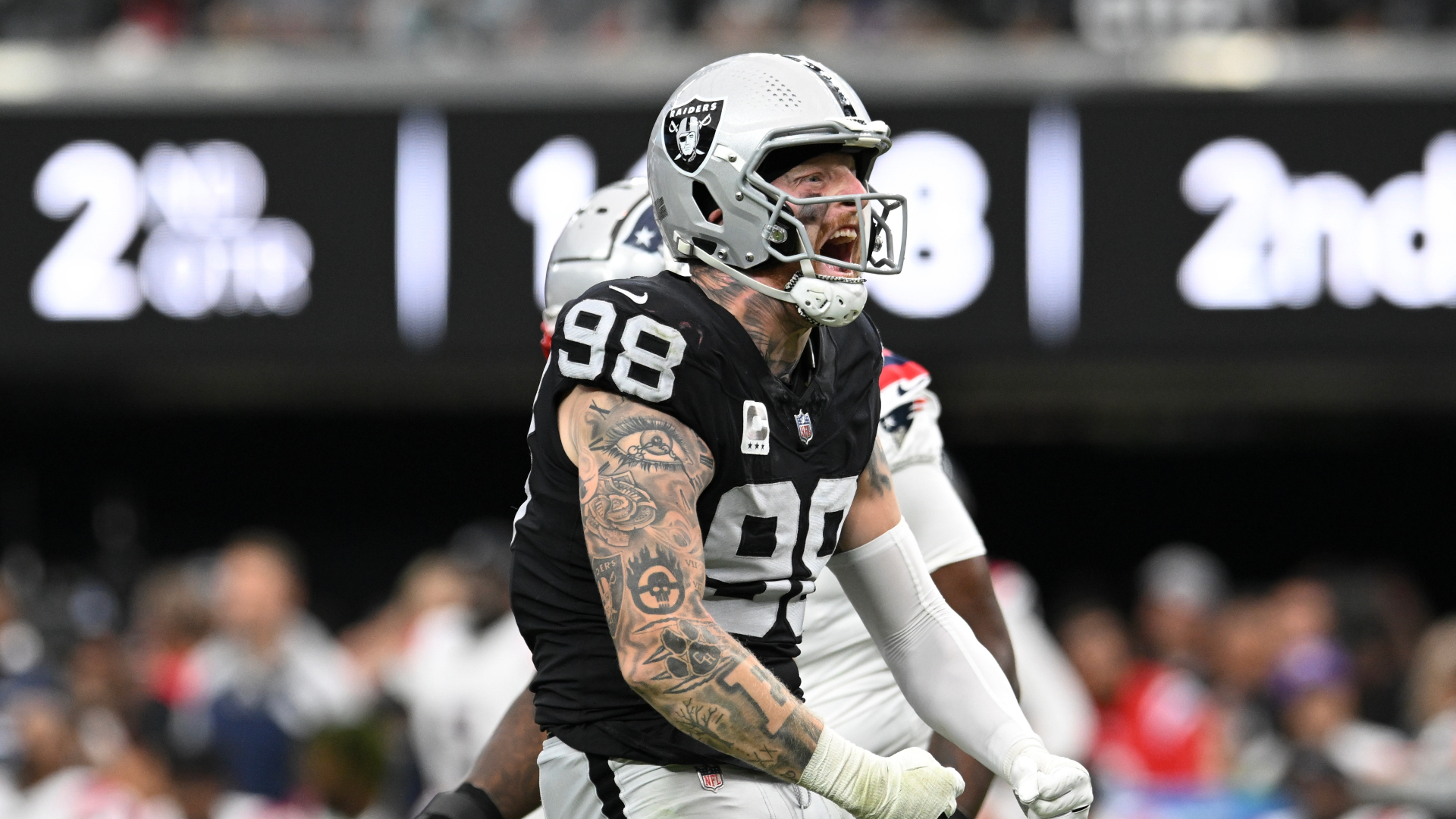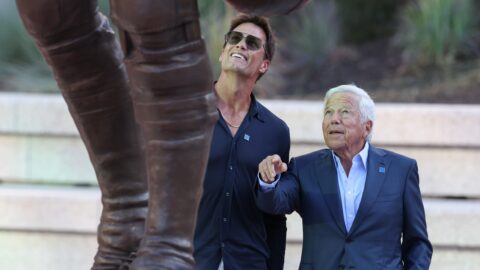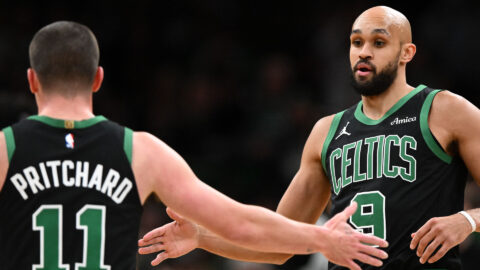BOSTON — Last offseason, Ben Cherington gained notoriety for his patient approach. He bypassed marquee free agents such as Carlos Beltran and Heath Bell to build mostly from within.
So it should come as no surprise that Tuesday's trade deadline passed without a blockbuster deal from the Red Sox general manager. Since the start of his regime, Cherington has demonstrated a willingness to wait for the perfect package.
"There's a core group in our farm system that we really didn't want to touch that we feel represents the next generation of core impact players," Cherington said. "We know how important those guys are going to be. We know, on our best teams, the '07 and '08 teams, that's been a big part of those teams — bringing core impact players into it and we want to protect that opportunity."
If you read between the lines, Cherington is preparing to fulfill former Sox general manager and current Cubs president of baseball operations Theo Epstein's vision for the organization.
Before the Red Sox squared off against the Cubs in June, Epstein expressed regret about the final years of his Boston tenure. Instead of coughing up cash for superstars, Epstein wished he'd pieced together a lineup ripe with homegrown talent.
"[Will] Middlebrooks at third, [Jed] Lowrie or [Jose] Iglesias at short, [Dustin] Pedroia at second, [Anthony] Rizzo at first, [Ryan] Lavarnway catching, [Jacoby] Ellsbury in center, [Josh] Reddick in right, [Ryan] Kalish in left," Epstein told the Boston Globe. "Wouldn't that have been fun?"
In Boston's baseball ops offices, the proposal was once a running joke — at least it started that way. But as Cherington patiently navigates through his first season in charge, he's paying more and more attention to the farm system.
To pry away Marlins starter Josh Johnson or Cubs starter Matt Garza at the deadline, Cherington likely would've needed to part with at least one, or a combination, of blue-chip prospects in Jose Iglesias, Xander Bogaerts and Matt Barnes.
Under Epstein's reign, that may have been an option. In this new administration, however, those prospects are viewed as cornerstones. It's an attempt to the mimic the 2007 philosophy, an approach that gave way to Pedroia and Ellsbury.
"We started to do that a little bit this year with Middlebrooks and [Felix] Doubront and we need that to continue," Cherington said of grooming their crop of talent. "There was a core group [of prospects] that we wanted to protect. I wouldn't say that protecting our farm system got in the way of a deal.
"I think we've always tried to protect the farm system. It was just really, the opportunities this year that we explored, things that we could have done, just didn't feel like it was quite right."
The change in strategy doesn't mean Cherington won't dip his hand into free agency or pull the trigger on trades.
While he opted against acquiring Beltran and Bell, he quietly reeled in Cody Ross and Andrew Bailey –the latter hasn't played this season — to add firepower, but in a conservative manner. When healthy, Bailey could easily reward Cherington for the trade.
Based on his behavior, Cherington is willing to wait.
Gone are the days of inking free agent stars to hefty paychecks. Gone are the days of trading for stars that will escalate payroll to astronomical numbers. Moving forward, the Red Sox are destined to have a long-term vision.
"I was hoping to do more and do other things to help the team, but in the end, we'd prefer to not do things rather than make decisions that end up hurting us in the long run," Cherington said. "We're happy with what we did, and most importantly, we're happy with the guys we have here. It's really more of a reflection on them. We believe in the group.
No, he isn't just talking about the 25-man roster. That group includes the budding talent in the minors.
Have a question for Didier Morais? Send it to him via Twitter at @DidierMorais or send it here. He will pick a few questions to answer every week for his mailbag.



